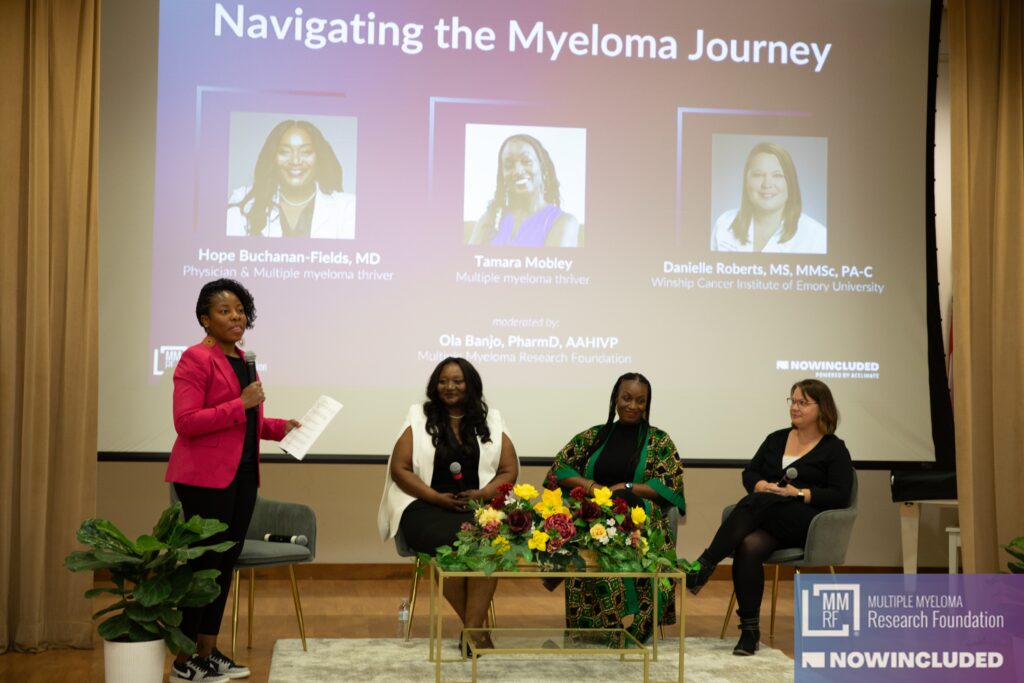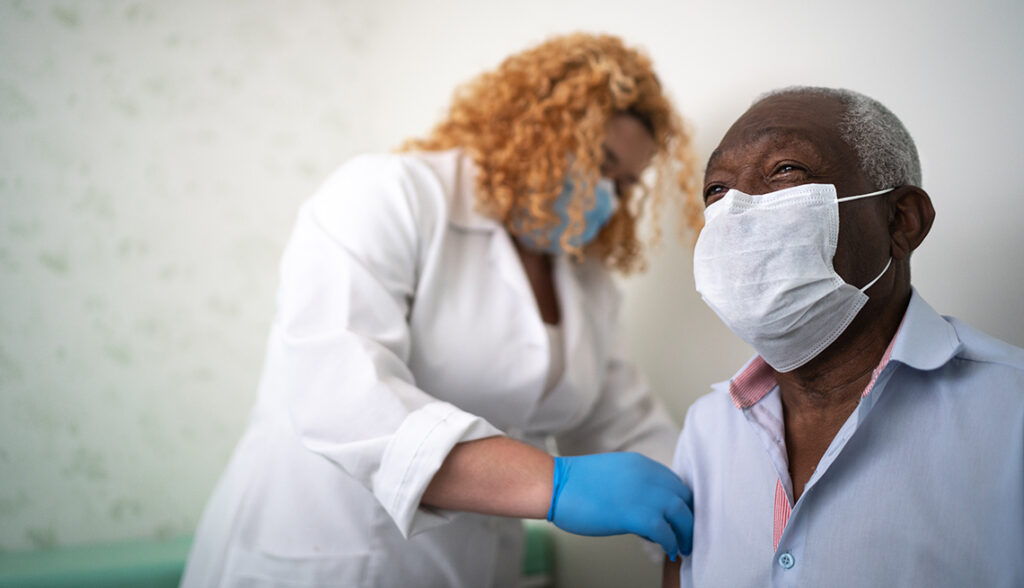The black woman’s exposure to racism is a glaring indicator of severely detrimental health conditions in our community – resulting in the maternal mortality rate being three to four times higher than their white counterparts. Racism is a major medical risk factor and we must learn how to better support Black women’s access to safe, effective healthcare.
There are a myriad of stories, personal accounts, and studies about the difficulty of being taken seriously by doctors and medical professionals as a Black woman. These experiences are usually miscategorized by healthcare professionals who cite race as a potential health risk for certain conditions, complications, and reactions. However, the real culprit is found in the bias itself.
I was 50 miles away from my doctor and had to place my life in the hands of virtual strangers who were more concerned about my well-being than my own doctor.
Taryn Robinson was in the middle of her second trimester and was still experiencing extreme fatigue, nausea, and headaches. She made her concerns known with her OB/GYN doctor, who managed the care of her first pregnancy where she had to have her thyroid removed. Despite her complaints and requests to have her thyroid levels checked, the doctor was flippantly reply, “That’s normal. You’re fine.”
A couple of weeks later, Taryn was at a stoplight when she became very disoriented. She was able to compose herself enough to drive herself to the emergency room.
“I was scared for my life and the life of my unborn daughter as I crept down the street to the nearest ER,” she commented. “I was 50 miles away from my doctor and had to place my life in the hands of virtual strangers who were more concerned about my well-being than my own doctor.”
After being admitted, the ER doctors and the OB/GYN on duty ran tests and determined that she had elevated thyroid levels; something that would have been checked had her primary doctor took her seriously. Taryn stayed overnight for observation while the doctors adjusted her thyroid medication. Within a week, she felt better and was less fatigued.
At her next appointment, she shared her experience with her primary OB/GYN. With composure, she detailed the danger his nonchalant attitude placed her and her family. His response was simply, “My bad.”
His bad. His bad bedside manner. His bad behavior. His bad approach to Taryn’s plan of care.
Taryn went on to have a successful birthing experience. Since her doctor’s shift ended at 7pm, he never bothered to check on her and merely provided her chart to the doctor on night duty.
“It kind of worked out in our favor,” Taryn replied. “My daughter was born healthy in the middle of the night and we never have to worry about seeing him again.”
While this story is not the best, it’s sadly a happy ending where the black mother and child lived. Which should be the rule and not the exception in our community.









